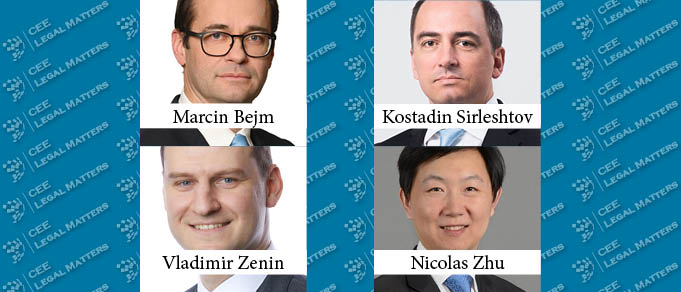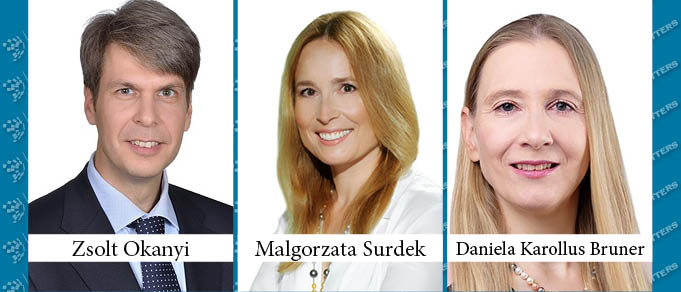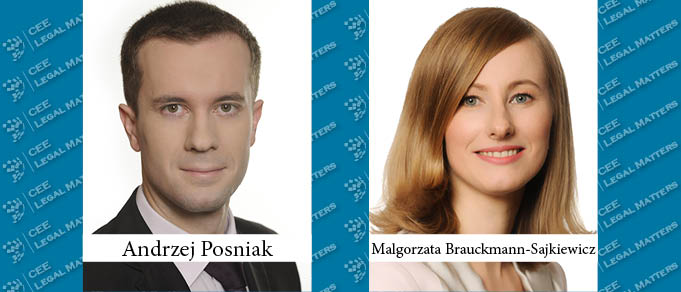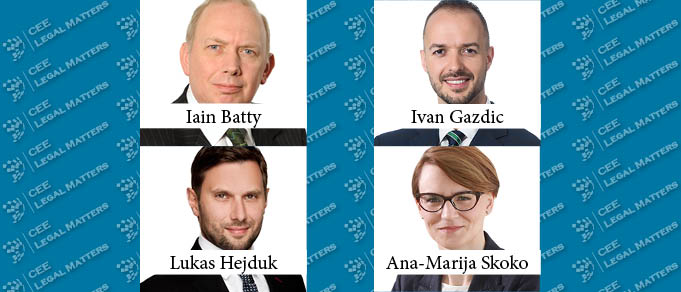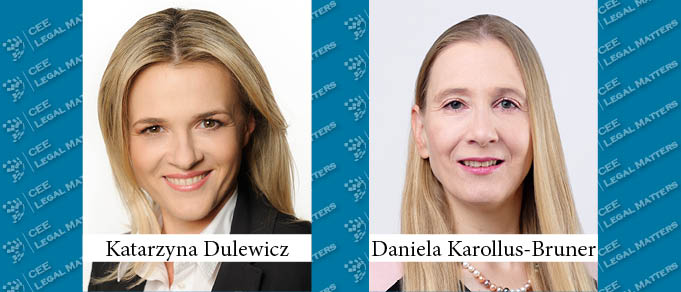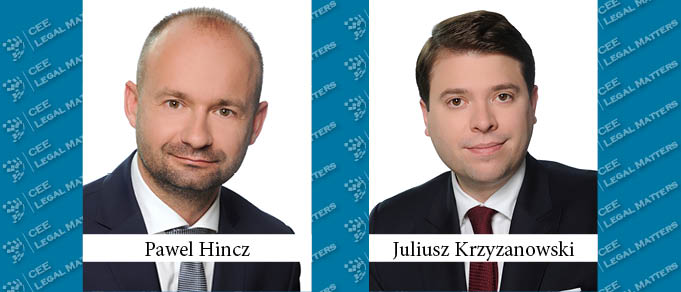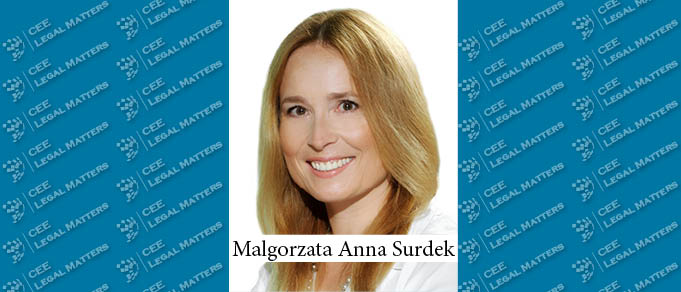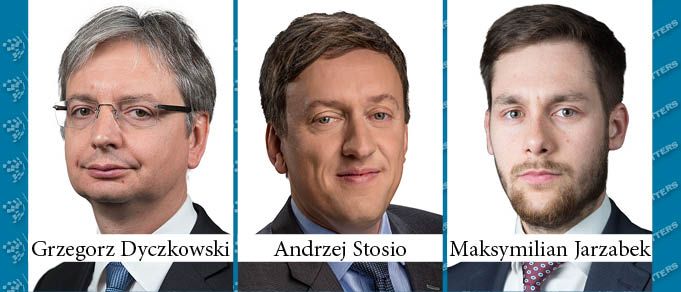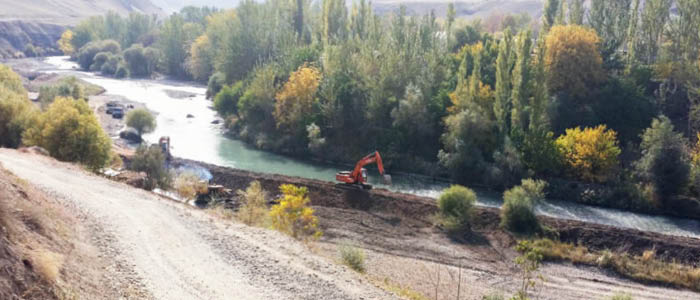The Chinese Belt and Road Initiative is one of the most ambitious development projects since the turn of the century. Through thousands of individual projects implemented under the BRI umbrella, China intends to develop land and sea corridors to support economic trade and development, integrate various regions of the world, and facilitate policy coordination, connectivity, unimpeded trade, financial services, and the connection of people. The BRI was launched in 2013, and last year was revamped with a new set of objectives.
Marketing Law Firm Marketing: Most Valuable Software Tool
New technologies are all the rage, as law firms adapt to the telecommuting and digitalization realities that accompanied the Covid-19 pandemic. Accordingly, we decided to ask our Law Firm Marketing experts from across the region a simple question: “What is the single most important/valuable piece of software you use?” As always, we asked respondents to focus on the question at hand, rather than – as we put it – using the question simply as an excuse to “tell us that their firms are awesome.” Not everyone was able to resist.
Poland: Polish Restructuring Response to Address Covid-19
The Covid-19 pandemic has brought significant uncertainty to the market. In the wake of this highly contagious virus, authorities have issued unprecedented regulations and restrictions to prevent the spread of the disease, accompanied by measures providing help to businesses seeing their economic activities curtailed or suspended. These measures were primarily focused on providing liquidity to the market, but some introduced interesting changes to Polish restructuring law.
Arbitration and Virtual Hearings: Contract Disputes in the COVID-19 Era
One of the most important issues facing businesses in CEE is the impact of the ongoing COVID-19 pandemic on litigation and arbitration. In-person court and arbitration hearings have become problematic, if not impossible, and the importance of certain boilerplate contract clauses has skyrocketed. Zsolt Okanyi, Global Head of Dispute Resolution at CMS, Malgorzata Surdek, Head of Dispute Resolution at CMS Poland, and Daniela Karollus Bruner, Head of Dispute Resolution at CMS Austria, evaluate the current situation.
Expat(s) on the Market: An Update
Over the course of our seven years, CEE Legal Matters has interviewed most of the British lawyers working on the ground in Central and Eastern Europe as part of our recurring “Expat on the Market” feature. We reached out to them recently and asked them to bring us up to speed on what they’re doing and/or share their thoughts on the ramifications of Brexit or the ongoing COVID-19 crisis.
Poland: Introducing Comprehensive Tax Risk Management - A New Trend Among Polish Firms
Given the significant tightening of Polish tax regulations with regard to carrying out and appropriately documenting and reporting transactions, implementing a tax risk management policy has now become a business necessity in Poland both for enterprises with Polish capital and global giants with Polish subsidiaries.
Poland: The Polish Competition Authority Becomes Both Merger Control and Foreign Investment Restrictions Watchdog
The amendment to the Act on the Control of Certain Investments (the “Act”) that came into effect on July 24, 2020 has vested the President of the Office of Competition and Consumer Protection – the UOKIK – with broad new powers. The new rules are temporary and will be in force for 24 months. On July 21, 2020, the UOKIK issued 50-page long, detailed procedural guidelines, which unfortunately are not available in English.
Logistics and Manufacturing in CEE: Today’s Trends and Opportunities
While the COVID-19 pandemic has caused disruption to nearly all businesses in the logistics and manufacturing sectors in Central and Eastern Europe, enough time has now lapsed that identifiable trends and opportunities are beginning to emerge. CMS Partners Ana-Marija Skoko, Ivan Gazdic, Iain Batty, and Lukas Hejduk agreed to share their thoughts about the effect of the COVID-19 crisis on logistics and manufacturing developments in their local markets and across CEE.
Blazing a Trail for LegalTech in CEE
According to its website, Budapest-based InvestCEE aims to “humanize technology” for lawyers and provides services to law firms and in-house counsel in Hungary, Romania, Croatia, Poland, and the Czech Republic.
Rebuilding and Reshaping in the Aftermath of COVID-19
As Europe begins a tentative re-opening following several difficult months of quarantining, social distancing, and working-from-home, we spoke to CMS’s Warsaw-based Employment Partner Katarzyna Dulewicz and Vienna-based Dispute Resolution Partner Daniela Karollus-Bruner for their perspective on the process.
Poland: Switching to the “New Normal”
There is a question circulating on the Internet right now: Who led the digital transformation of your company? Possible answers are: a) CEO; b) CTO; c) COVID-19. Which answer is correct?
Poland: Challenges for Life Sciences Lawyers in the Time of Coronavirus
All European countries are now facing the SARS-CoV-2 pandemic and each state is undertaking different measures to limit the spread of the virus. Recently, the Polish government has extended the so-called “export ban list” – a list of, in particular, medicinal products and medical devices the export or sale of which abroad may be subject to the objection of the Chief Pharmaceutical Inspector. This list grew by over a thousand items in the past month and has changed from a list of products subject to parallel export due to price differences to a list of products that we want to keep in Poland. Also, the President of the Office for Registration has asked pharmaceutical companies to consider launching clinical trials in these unique circumstances.
Organizing for Change: Poland’s Women in Law Foundation Aims High
According to CEE Legal Matters’ 2019 By the Numbers report, the gender balance at commercial law firms in Poland up to the senior associate level is fairly even, with 44.58% being women. However, at the partner level things change drastically, with women representing fewer than 25%. Even then, other reports suggest, many of the women lawyers who do make partner do so not at the larger, high-profile law firms, but at smaller boutiques. The “Women in Law” foundation in Poland was created to address this imbalance, and other forms of gender inequality in the legal industry, with a special focus on legal tech.
Poland: The Rising Tide of Climate-Change-Related Risks and Disputes
Climate change-related risks have climbed to the top of the agenda of various stakeholders across the globe: governments, international organizations, NGOs, businesses, and ordinary citizens. The Global Risk Report 2020, presented this year at the World Economic Forum in Davos, demonstrates that climate-related risks – including extreme weather, climate action failure, natural disasters, biodiversity loss, and human-made environmental disasters – are among the top five long-term risks over the next ten years. Most notably, according to survey respondents, the failure of climate change mitigation and adaptation is this year’s number one long-term risk by impact. The report underscores that, in the 2020s, “concerted action is required not only to reduce emissions but also to develop credible adaptation strategies, including climate-proofing infrastructure, closing the insurance protection gap, and scaling up public and private adaptation finance.”
Capital Markets in Poland
Contributed by Rymarz Zdort.
CEELM Covid-19 Comparative Legal Guide: Contracts in Poland
Contributed by Penteris
Inside Out: Grupa Lotos Refinancing
The Deal: In July, CEE Legal Matters reported that Norton Rose Fulbright had advised Grupa Lotos SA on the USD 500 million refinancing of loan facilities contracted by the company in connection with its “Program 10+” financing. Clifford Chance advised a consortium of domestic and international banks including Bank Polska Kasa Opieki S.A., Caixabank S.A., Erste Group Bank AG, Industrial and Commercial Bank of China (Europe) S.A., ING Bank Slaski S.A., Intesa Sanpaolo S.p.A, Powszechna Kasa Oszczednosci Bank Polski S.A., and Sumitomo Mitsui Banking Corporation Bank EU AG on the deal, with Credit Agricole, CIB, and BNP Paribas SA serving as agents.
Inside Insight: Interview with Anna Wawrzynczak of the Polish Development Fund
Polish lawyer Anna Wawrzynczak spent 14 years in private practice with two highly-regarded international law firms before moving in-house with the Coast2Coast investment fund, where she was Regional Counsel CEE for almost three years. In October 2019 she accepted an offer to become the Legal Manager, Head of the Corporate Division at the Polish Development Fund in Warsaw.

